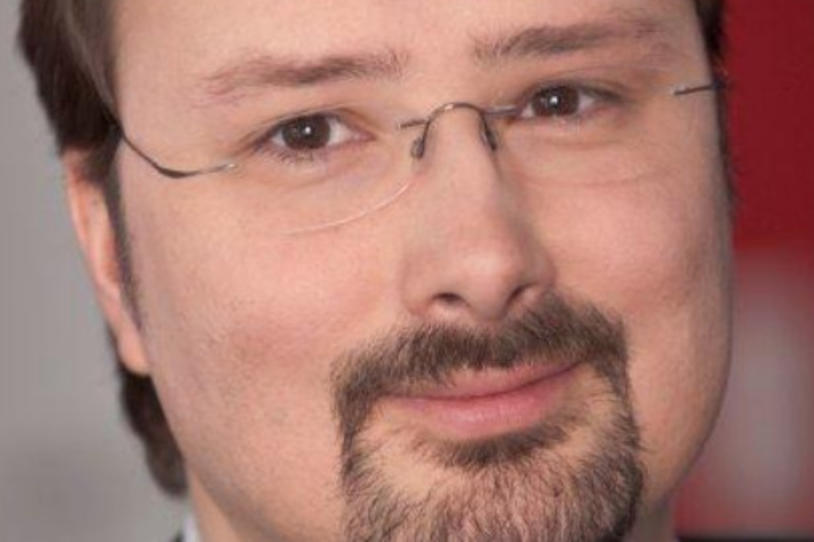
Markus Mandler’s team at AFFiRiS AG is currently testing a Parkinson’s disease (PD) vaccine called PD01, the first Parkinson’s drug to target alpha-synuclein to make it to the clinic. PD01 is designed to elicit the production of antibodies that bind to alpha-synuclein, clearing it from the brain and slowing the progression of the disease. AFFiRiS hopes to have initial results from a phase 1 safety trial of the drug sometime early next year.
At AFFiRiS, scientists with expertise spanning the drug development pipeline come together with the shared goal of bringing new drugs to pharmacy shelves. As Head of the Neurodegeneration Department, Markus is responsible for the pre-clinical development of potential immunotherapies to treat neurodegenerative diseases, including PD and Alzheimer’s disease.
Understanding the various phases of drug development is critical to success, says Markus. Even as PD01 entered the clinic, AFFiRiS concluded pre-clinical laboratory work into PD01 to verify that the drug could be properly produced on a large scale, should the drug eventually make it to market. These results were encouraging.
MJFF speaks with Markus in the latest of our monthly feature, Three Questions for a Researcher, to learn more about the AFFiRiS model, and to get his take on the challenges in finding a new Parkinson’s drug.
Read on to get to know Markus and his work a little better.
MJFF: What is the biggest challenge you face in your research today?
MM: Finding a disease-modifying treatment would be the Holy Grail in Parkinson’s research. This is what we are trying to achieve at AFFiRiS, but of course, this has yet to be demonstrated. The biggest question in the field is, how can we translate successes that we’ve seen in pre-clinical models into human testing? The biological systems in these models and in people are very different, so drugs that appear to work early on have all failed once they enter the clinic.
We’re of course optimistic that we’ll see success in PD01. Time will tell. But if the field on the whole can come to a better understanding of the biological mechanisms that cause Parkinson’s in people, this would go a long way toward finding new disease-modifying drugs.
MJFF: What is one thing people would be surprised to know about your daily work with PD?
MM: At AFFiRiS, our expertise is not limited to one particular field of science. For example, in my unit alone, we have scientists working on developing and understanding how pre-clinical models work, and others who measure the toxicity and stability of a drug itself. Usually, several groups would work on these various aspects of drug development separately.
MJFF: How do you unwind after work?
MM: I’m lucky to live in Vienna, where we have such great access to outdoor sports at our fingertips. I try to be as active as possible, and I love to hike, ski, jog, and go biking. Exercise really helps to get rid of life’s stresses.